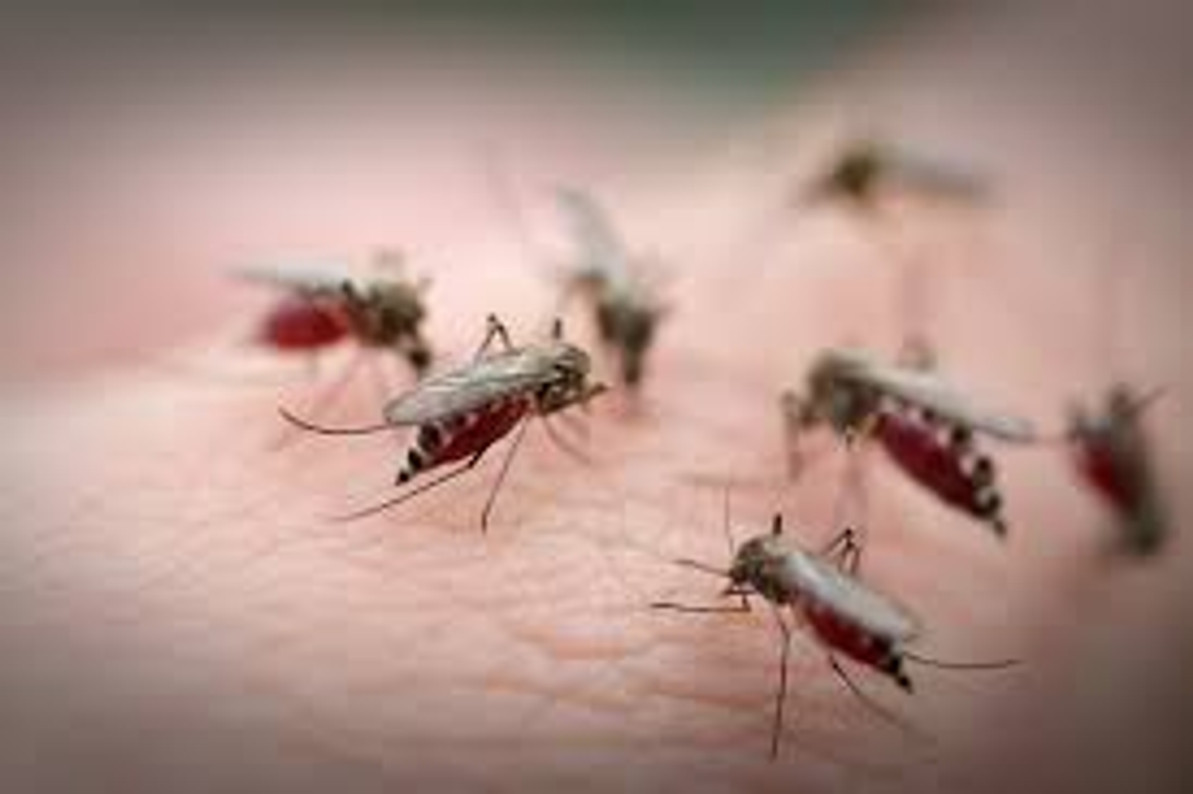Mosquito management programs spring into action, after Ross River virus case numbers soar
A health scientist is urging local governments across Western Australia to increase mosquito controls to prevent another surge in cases of Ross River virus.
Key points:
- Ross River virus — or fever — is a non-lethal but debilitating disease transmitted by mosquitos
- 816 people contracted the virus in WA during the 2020–21 financial year compared with 318 the year before
- The Department of Health is urging local governments to increase mosquito control activities to prevent another spike this season
Last financial year, cases of the mosquito-borne virus soared to 816 from 318 the previous year.
Rainfall from events including Cyclone Seroja was behind the rise, according to WA Health senior scientific officer Ryan Janes.
"We were in a La Niña environmental condition year and so we were expecting the cases to be up above the long-term average," Mr Janes said.
Mr Janes said cases this year could reach as high as 800.
Not life-threatening, but debilitating
Ross River virus, also known as Ross River fever, is not life-threatening but can be debilitating for those infected and can last years.
WA Health said Ross River patients could develop flu-like symptoms including fever, lethargy, rash, sore and swollen joints and sore muscles.
The virus was debilitating for Suzy Falcon-Buttery, who contracted Ross River Virus six years ago while on a family holiday near Albany.
"I couldn't walk," she said. "I had joint pain, my nervous system was being compromised. I couldn't do anything really. I was like a 99 year old lady at home".
The chronic conditions lasted up to a year.
"I had to have people come in and help me because I couldn't even fold my clothes," Ms Falcon-Buttery said.
The virus remained dormant in her system and she encouraged others to cover up and wear mosquito repellent as often as possible.
There is no known cure for Ross River virus.
Entire state at risk
Ross River virus is present across the state, with the South West region most likely to record cases throughout the year.
But coastal tourist hotspots like Kalbarri and Exmouth saw small clusters of cases in the 2020–21 financial year, with the Midwest region recording 60 cases compared with less than 10 in the previous year.
WA Health is working with local governments to keep a track of the cases and step up their mosquito management programs.
"[Local Governments] can apply certain chemical products that affect the mosquitos and generally nothing else in terms of insects," Mr Janes said.
In February this year, the City of Kwinana put out an alert to residents warning the virus had been detected in mosquitos at The Spectacles Wetlands.
In the City of South Perth, environmental health officers regularly collect mosquito larvae samples from a wetland adjacent to the Swan River and metres from suburban homes.
"These wetlands can breed millions of mosquitoes," the City's environmental health coordinator Jason Jenke said.
"It can make life very uncomfortable."
His team determines if they need to drop corn-based grain into the water from a helicopter to kill the larvae before they become adults.
The grain is safe for plants, people and wildlife.
To minimise the risk of contracting mosquito-borne viruses, WA Health suggests people avoid mosquito hotspots during dawn and dusk, use an insect repellant that contains DEET, wear loose, long-sleeve clothing, and remove stagnant water around properties where possible.
For more information on Ross River virus and how to manage it, the Arthritis & Osteoporosis WA can be contacted on 1800 011 041.
Recent Posts
-
Finding the Best Mosquito Net
In the quest for a peaceful night's sleep free from buzzing and biting, finding the perfect mosqui …19th Dec 2023 -
Fossilised mosquitoes suggest male mozzies also once sucked blood
It is a fact often trotted out at summer barbecues when mosquitoes are buzzing around — only female …15th Dec 2023 -
Why buy a cotton mosquito net
The Secrets of Our 100% Cotton Mosquito Net Bed Canopies. When it comes to a good night's sleep, com …1st Nov 2023




